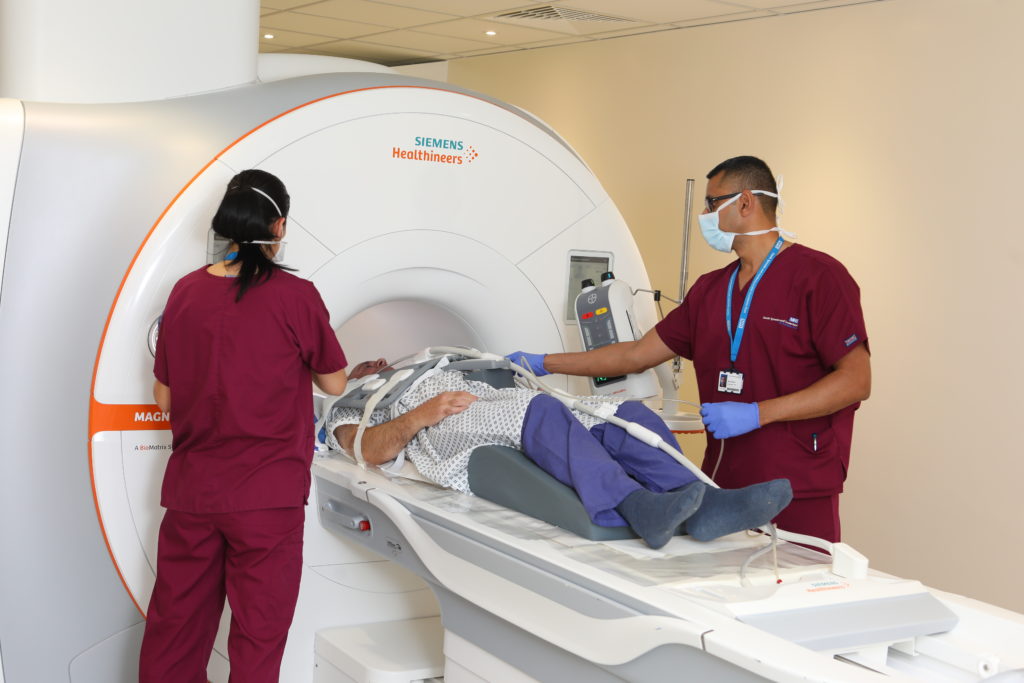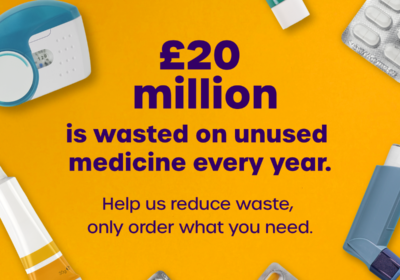The UK has below-average health spending per person, lags behind other countries in its capital investment, has substantially fewer key physical resources than many of its peers including CT and MRI scanners and hospital beds and strikingly low levels of key clinical staff, including doctors and nurses.
That is the conclusion of a report published today by the King’s Fund, an independent charity working to improve health and care in England.
It said: “The UK has below-average health spending per person compared to peer countries. Health spending as a share of GDP (gross domestic product) was just below average in 2019 but rose to just above average in 2020 (the first year of the Covid-19 pandemic, which of course had a significant impact on the UK’s economic performance and spending on health services).
“The UK lags behind other countries in its capital investment, and has substantially fewer key physical resources than many of its peers, including CT and MRI scanners and hospital beds. The UK has strikingly low levels of key clinical staff, including doctors and nurses, and is heavily reliant on foreign-trained staff. Remuneration for some clinical staff groups also appears to be less competitive in the UK than in peer countries.”

Describing efficiency and quality as having a ‘mixed record’, it continued: “The UK health system performs relatively well on some measures of efficiency, such as the rate at which cheaper generic medicines are prescribed. The UK also spends a relatively low share of its health budget on administration.
“But waiting times in the UK for common procedures like knee, hip and cataract operations were broadly ‘middle of the pack’ compared to peer countries in 2019 (before the Covid-19 pandemic). And the fall in activity for these procedures in the first year of the pandemic was dramatically sharper in the UK than in peer countries.”
The King’s Fund said people in the UK received good financial protection from the costs of healthcare, but that there were poor healthcare outcomes.
“People in the UK receive relatively good protection from some of the catastrophic costs of falling ill. Relatively few core NHS services are charged for and certain population groups are exempt from charges. But financial protection is weaker for some services, such as dental care, and there is growing concern that people in the UK may be forced to choose between funding their own care or enduring longer waits for treatment.
“But the UK performs noticeably less well than its peers – and is more of a laggard than a leader – on many important measures of health status and health care outcomes. These include health outcomes that can be heavily affected by the actions of a health system (such as surviving cancer and treatable mortality), and outcomes such as life expectancy, which are significantly affected by factors beyond the direct control of any health system.”
The report added: “There is little evidence that one individual country performs consistently better than another across a range of performance indicators. Even countries such as Germany and Singapore that score highly on several health system performance measures are facing the challenge of rising demand from a growing and ageing population and the need to improve health care outcomes.
There is also little evidence that one ‘type’ of health care system or health care financing model achieves consistently better results than another. And the costs of transitioning from one system to another can be significant. As a result, countries predominantly try to achieve better health outcomes by improving their existing model of health care, rather than by adopting a radically different model.”

South Tyneside and Sunderland NHS Foundation Trust recently opened a £10m Integrated Diagnostic Centre with two CT and two MRI scanners, with a PET-CT scanner to follow.
Responding to The King’s Fund’s new report comparing the NHS with the health systems of other countries, Dr Layla McCay, director of policy at the NHS Confederation, said: “The NHS punches above its weight in many ways and this report comparing the UK’s health service with other nations shows that leaders are continuing to deliver bang for the taxpayer’s buck, all while having one arm tied behind their backs.
“While a mid-table performance isn’t something to be celebrated, leaders will point to the strong mitigating factors that this report highlights.
“We know that with 112,000 vacancies in the NHS, workforce is a key issue, and this report shows that the UK has ‘strikingly low levels of key clinical staff’ and is reliant on overseas recruitment. The imminent workforce plan must outline how it intends to get the NHS back up the league table in terms of staffing, and the government must commit to funding this.
“We also need to see sustained capital investment and this report reinforces just how far behind the NHS has fallen, suggesting that the UK lags behind counterparts in the number of CT machines, MRI scanners, and beds it has. This is to say nothing of the state of the NHS’s estate, which currently has a repair backlog to the tune of over £10bn.
“And we know that the UK has below average health spending per person compared to the other nations examined in the report, while also having the sixth lowest level of spending on managers and admin staff; there is a clear need for increases in both.
“Given all of this, it makes it all the more remarkable that the NHS is anywhere other than near the bottom of the league, yet it performs relatively well, particularly in terms of efficiency.
“Leaders are acutely aware of the areas the NHS underperforms in and are keen to deliver better outcomes for patients, particularly around cancer rates, but progress is being made. However, they need help to do more and will hope that this report prompts the government to invest in areas around workforce, capital and – with life expectancy lower than other countries in the report – prevention. With every £1 invested in the NHS returning £4 to the economy, it makes sound economic sense to have greater ambitions for the nation’s health.”
Health Minister Helen Whately responds to the King’s Fund report:
The full report can be found here: https://www.kingsfund.org.uk/publications/nhs-compare-health-care-systems-other-countries
What is your experience of NHS care in the North-East? Healthwatch would like to hear your feedback – good and bad – so we better understand how services are working for you. Contact us at info@healthwatchsouthtyneside.co.uk or complete our short online form here.






